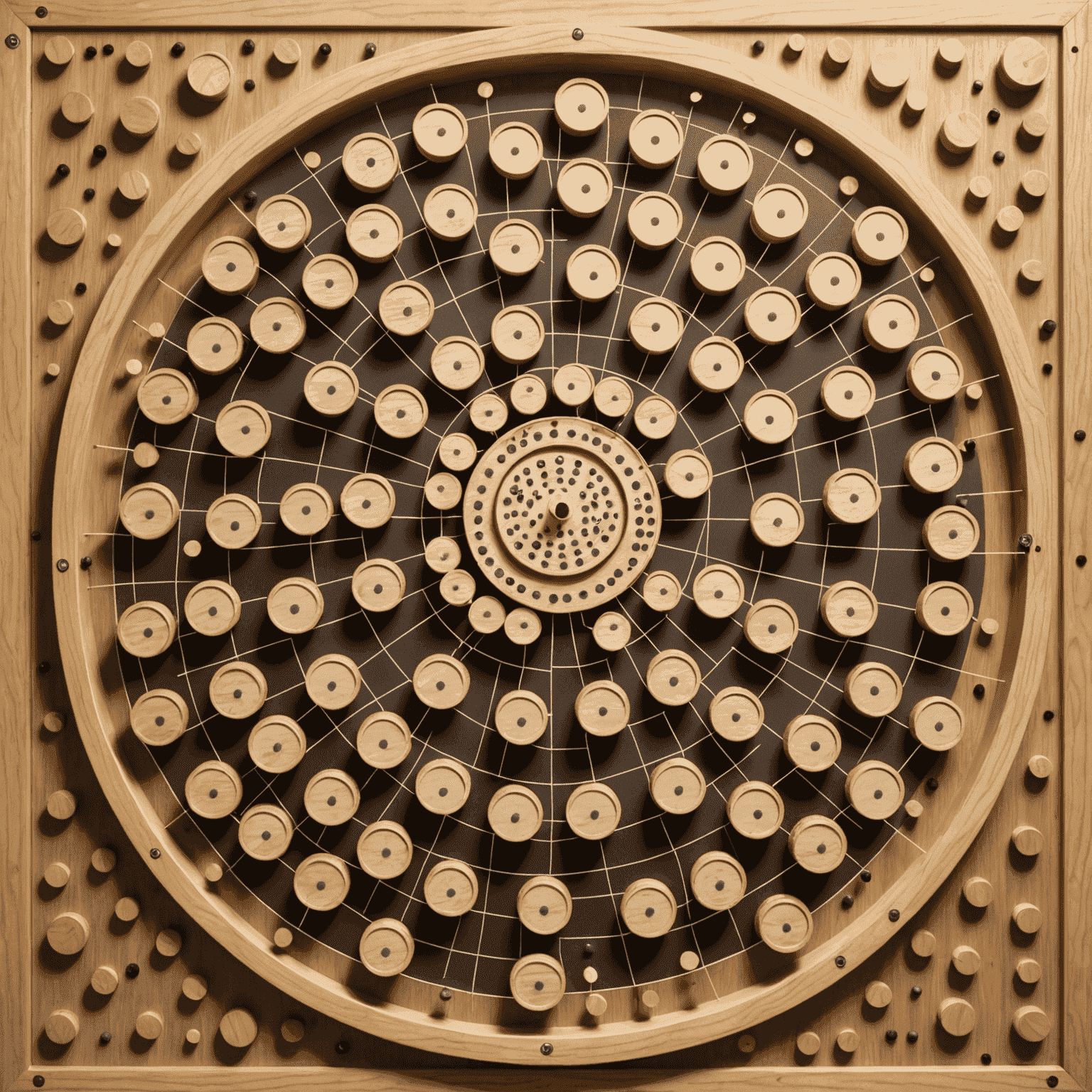Plinko Physics: Understanding the Game Mechanics

Dive into the fascinating world of Plinko, where luck meets science in a thrilling cascade of chance and strategy. Let's explore how the laws of physics shape every bounce and slide in this beloved board game.
The Gravity of the Situation
At its core, Plinko is a game ruled by gravity. As the chip descends through the forest of pegs, it's constantly being pulled downward. This consistent force is what gives Plinko its unpredictable yet mesmerizing flow. The vertical acceleration due to gravity remains constant, but the chip's path is anything but straightforward.
Collision Course: Understanding Momentum
Each time a chip collides with a peg, we witness momentum in action. The chip's momentum before the collision determines how it will react upon impact. Factors like the chip's mass, velocity, and the angle of collision all play crucial roles in determining its post-impact trajectory.

The Dance of Kinetic and Potential Energy
As the chip falls, it's constantly converting potential energy into kinetic energy. At the top of the board, the chip has maximum potential energy. As it descends, this potential energy transforms into kinetic energy, driving the chip's motion. Each collision with a peg results in a small loss of energy due to friction and sound, slightly reducing the chip's overall energy as it progresses downward.
Randomness and Chaos Theory
While Plinko might seem purely random, it's a perfect example of chaos theory in action. The final position of the chip is extremely sensitive to its initial conditions. Even a minuscule difference in the chip's starting position or the angle at which it's dropped can lead to a completely different outcome. This is why Plinko remains exciting and unpredictable, even after multiple plays.

The Role of Friction and Air Resistance
Though often overlooked, friction and air resistance play subtle yet important roles in Plinko. The friction between the chip and the pegs affects how the chip bounces and slides. Air resistance, while minimal, can influence the chip's descent, especially if the chip is light or the drop is from a significant height.
Conclusion: The Beauty of Plinko Physics
Understanding the physics behind Plinko enhances our appreciation for this seemingly simple game. It's a delightful blend of predictable physical laws and chaotic outcomes, making each play a unique experience. Next time you drop a chip, take a moment to marvel at the complex dance of forces that guide its journey to the bottom. In Plinko, as in life, the path may be uncertain, but the thrill is in the journey.